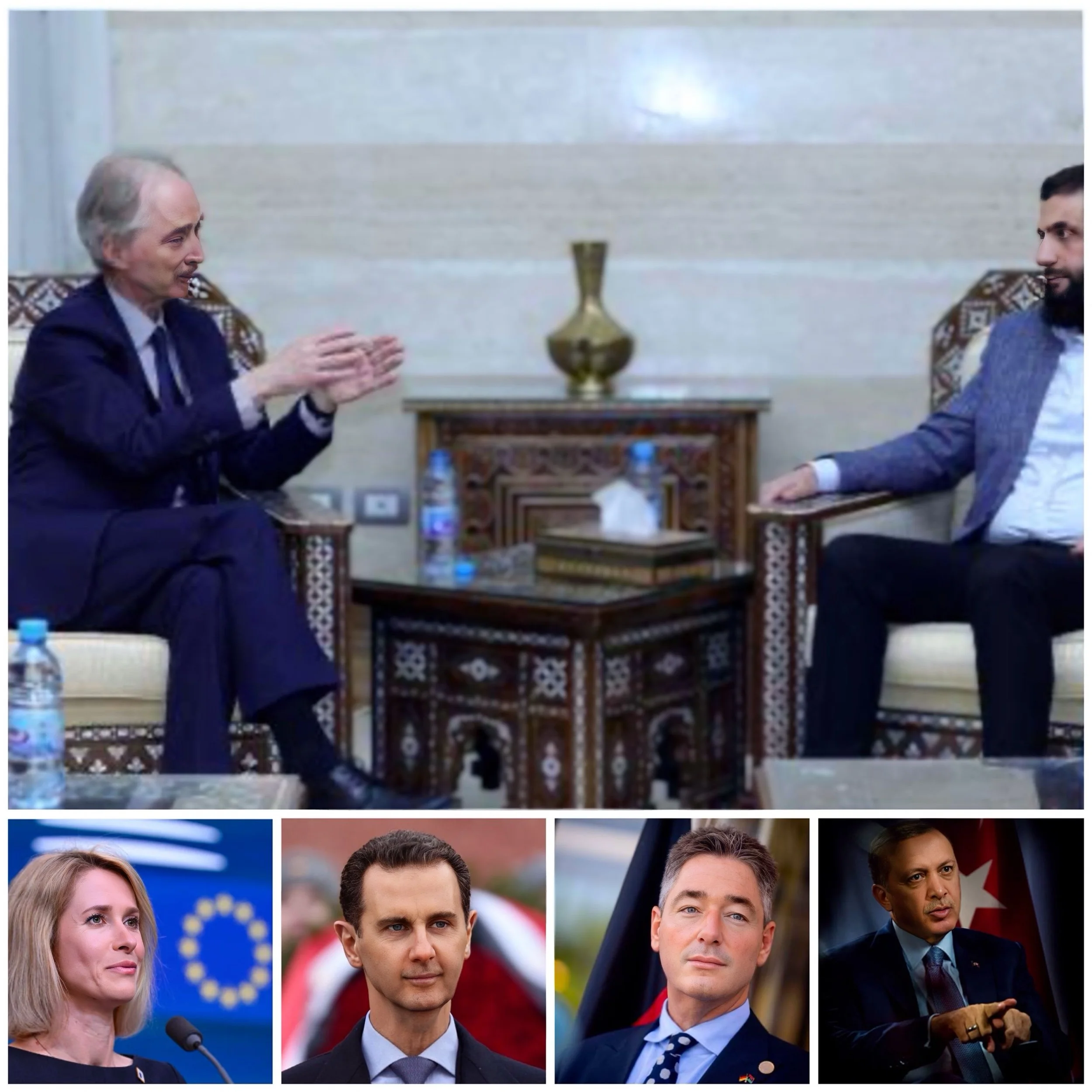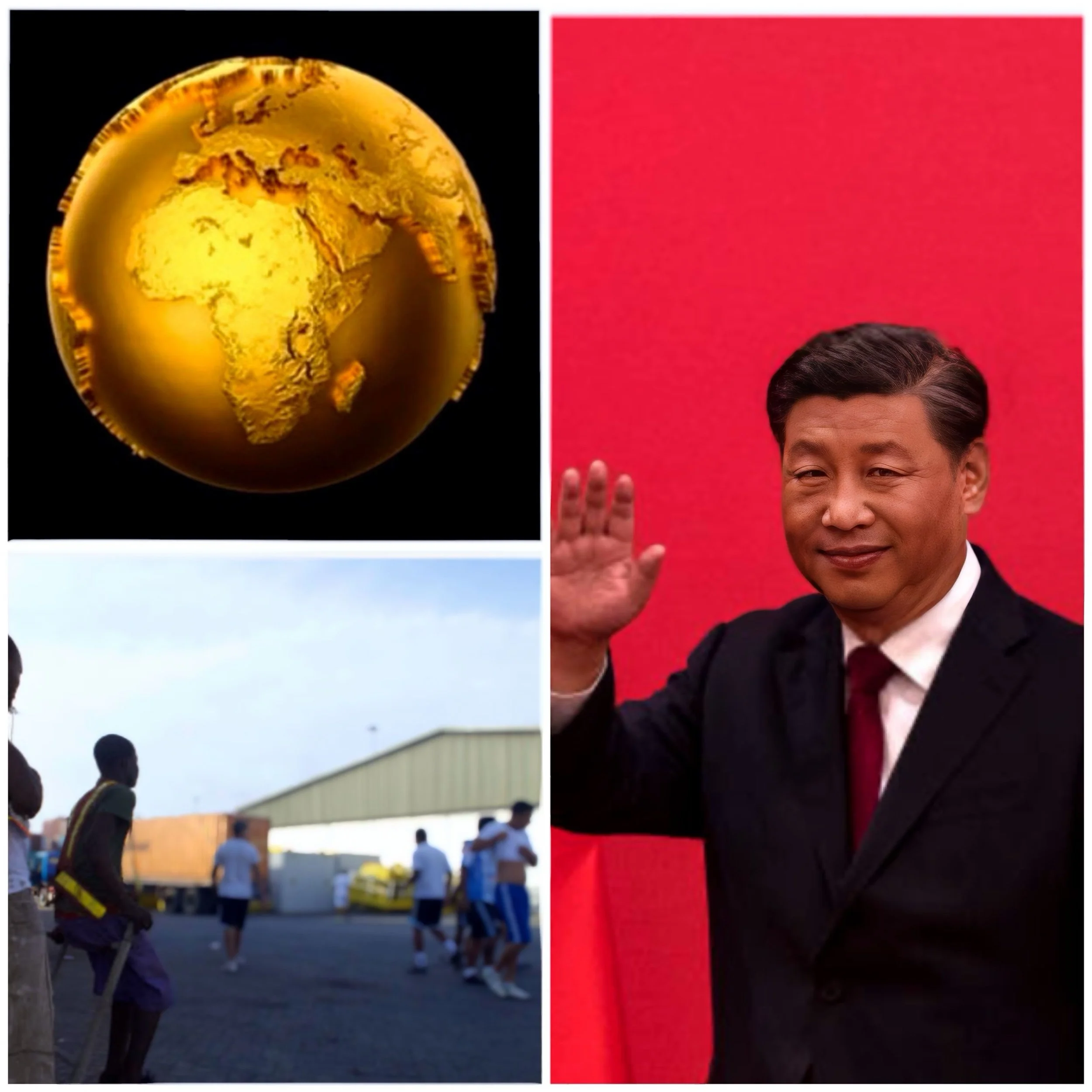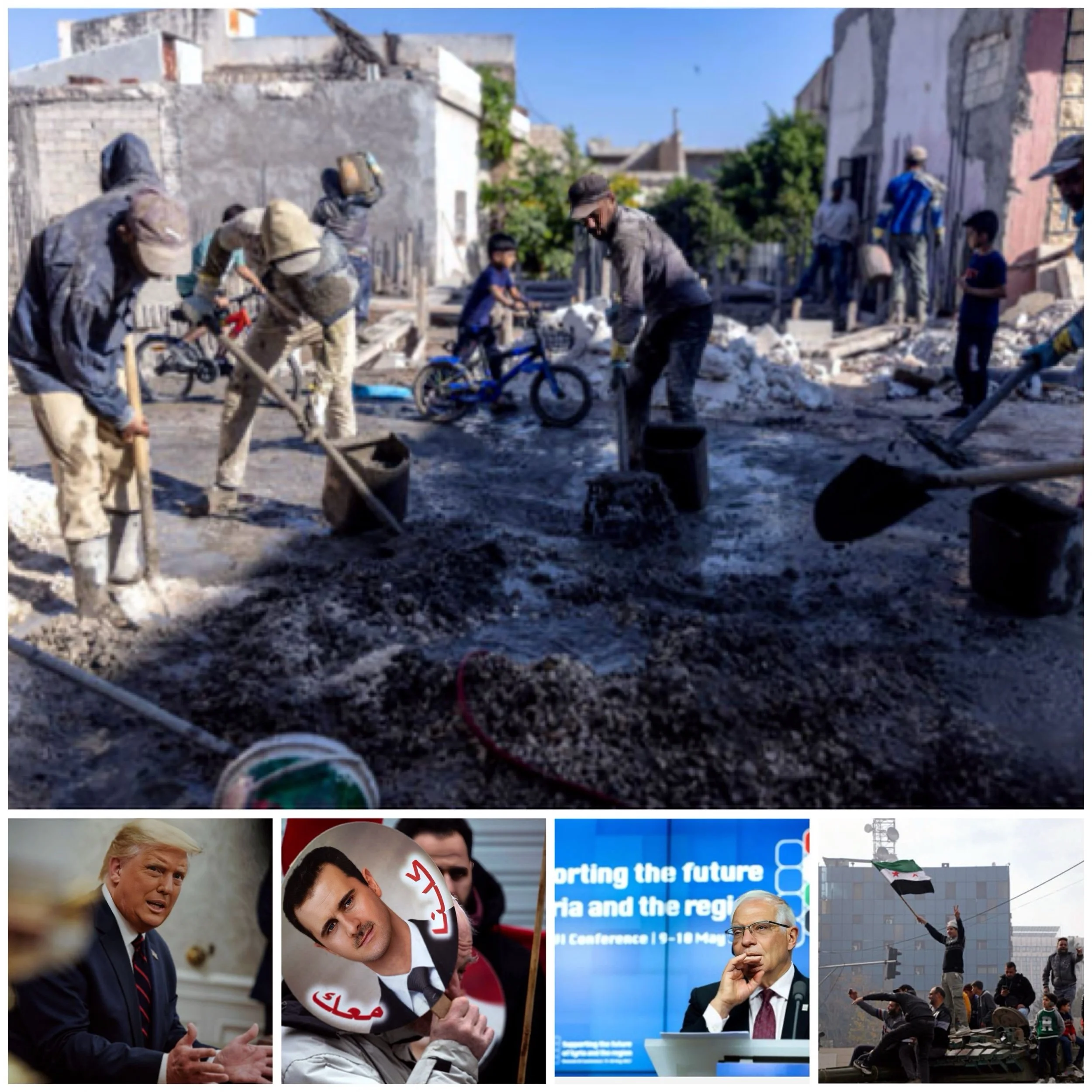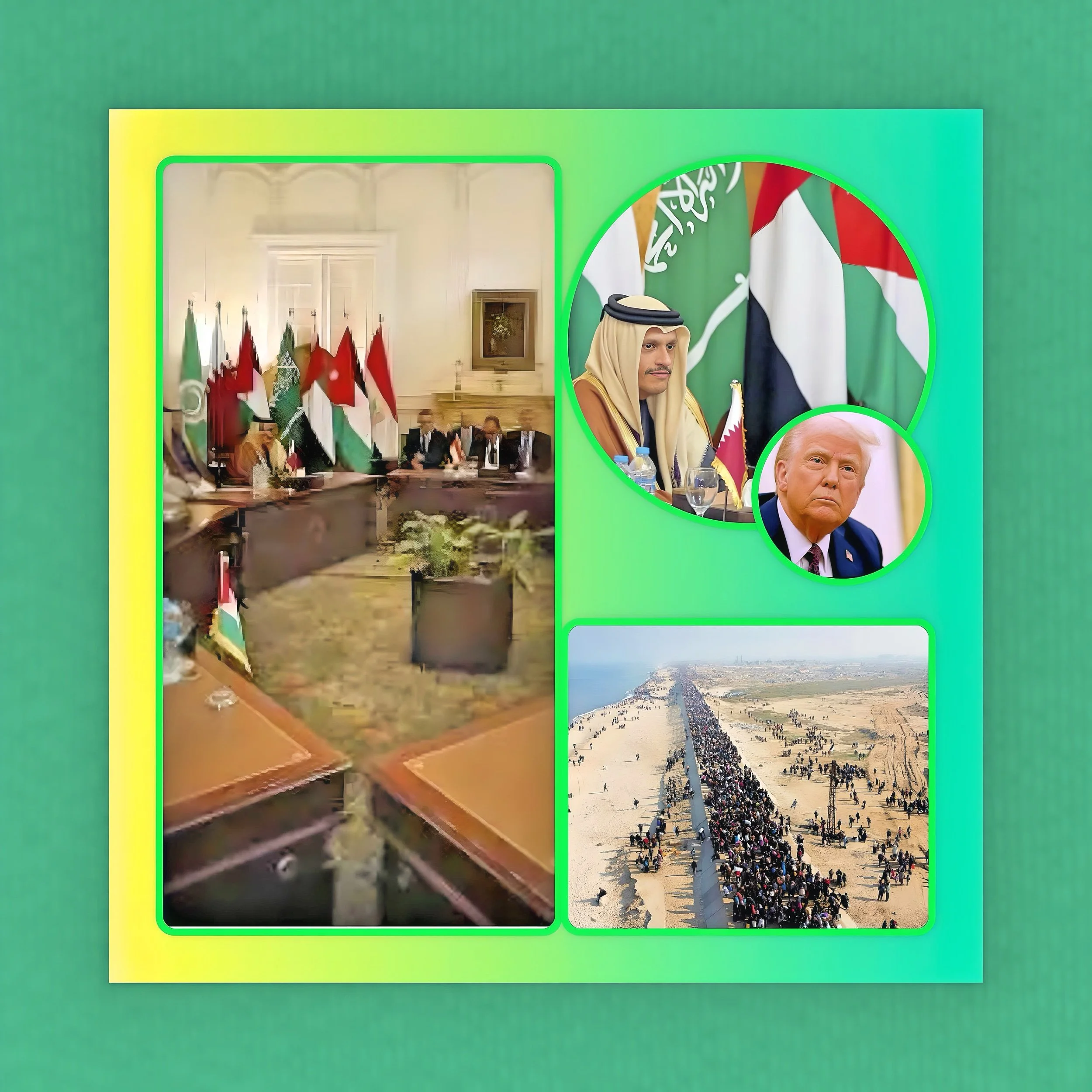EU seeks channels to support Syrian new regime for a better future? What are challenges and risk involved?
Introduction
The European Union is cautiously exploring channels to support Syria’s new regime while balancing complex challenges and risks. This approach aims to foster stability and economic recovery in Syria while upholding EU values and strategic interests.
EU’s Approach to Engagement
Diplomatic Outreach
The EU has send a top diplomat to Damascus to establish contact with the interim government.
EU's top diplomat arrived in Damascus on Monday for meetings.
"We can't leave a vacuum," EU foreign policy chief Kaja Kallas said in Brussels about the trip, warning that Russia and Iran "should not have a place in Syria's future."
The current EU diplomat in Syria is Michael Ohnmacht. He was appointed as the new Head of Delegation of the European Union to Syria in September 2024.
The new mission of EU is different and no change in Michael Ohnmacht role.
This move represents a significant shift from the EU’s previous policy of diplomatic isolation.
Conditional Sanctions Relief
The EU has outlined conditions for lifting sanctions, including:
Commitment to a peaceful political future involving all minority groups.
Rejection of extremism and foreign influence, particularly from Russia and Iran.
Respect for human rights and women’s rights.
Guarantees of Syria’s territorial integrity.
Humanitarian Support
The EU has launched a Humanitarian Air Bridge operation to deliver emergency supplies.
An additional €4 million has been mobilized for urgent humanitarian needs, bringing total support to €163 million in 2024.
Challenges and Risks
Political Uncertainty
The interim government, led by former opposition forces including Hayat Tahrir al-Sham (HTS), is considered a terrorist organization by the EU and US.
There’s uncertainty about the new leadership’s intentions and ability to govern inclusively.
Ideological Divides
Conflicting ideologies among rebel factions pose a challenge to forming a unified government.
Regional Influence
Turkey’s intervention and support for certain rebel organizations could lead to increased Muslim Brotherhood influence in Syria.
This could potentially destabilize neighboring countries like Jordan.
Sectarian Tensions
The risk of sectarian violence and reprisals remains, despite a relatively smooth transition so far.
Economic Challenges
Syria’s economy has contracted by 85% since 2011, with widespread poverty and collapsed infrastructure.
Refugee Crisis
The EU faces the challenge of balancing its refugee policy with the ongoing instability in Syria.
Potential Strategies
Phased Approach
The EU is considering a gradual easing of sanctions in exchange for “positive steps” by the new regime.
Multilateral Cooperation
Coordination with moderate Arab countries, the US, and other international partners to support Syria’s stabilization and reconstruction.
Monitoring and Accountability
Establishing transparent mechanisms to ensure aid and support reach intended recipients and are not diverted to corrupt entities.
Refugee Support
Developing a principled refugee policy coupled with an investment strategy for reconstruction to establish the EU as a reliable actor in Syria’s recovery.
Conclusion
EU seeks to play a constructive role in Syria’s future, it must navigate a complex landscape of political, security, and humanitarian challenges. The success of this engagement will depend on the new Syrian leadership’s willingness to meet EU conditions and the bloc’s ability to balance its principles with pragmatic support for Syria’s reconstruction and stability.






